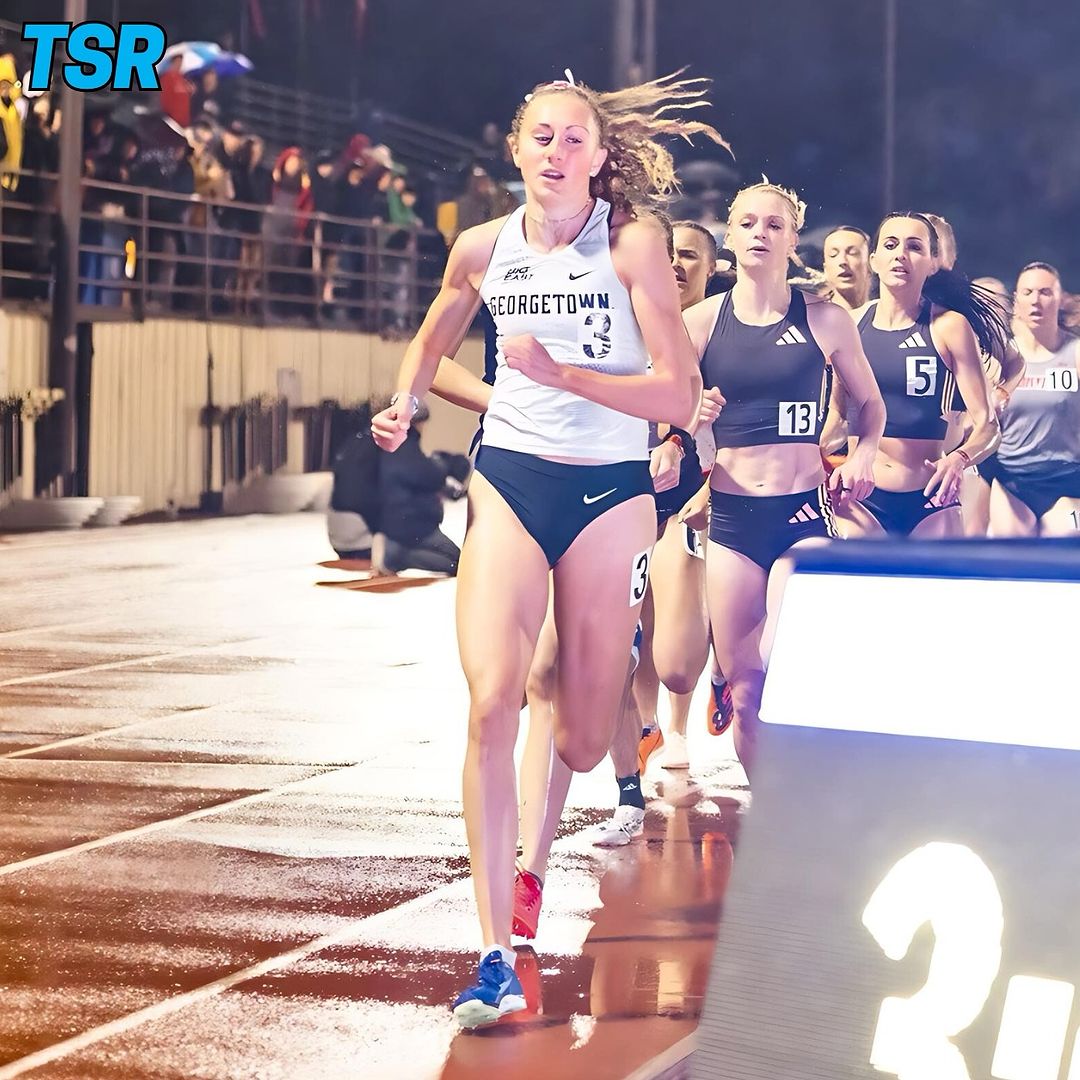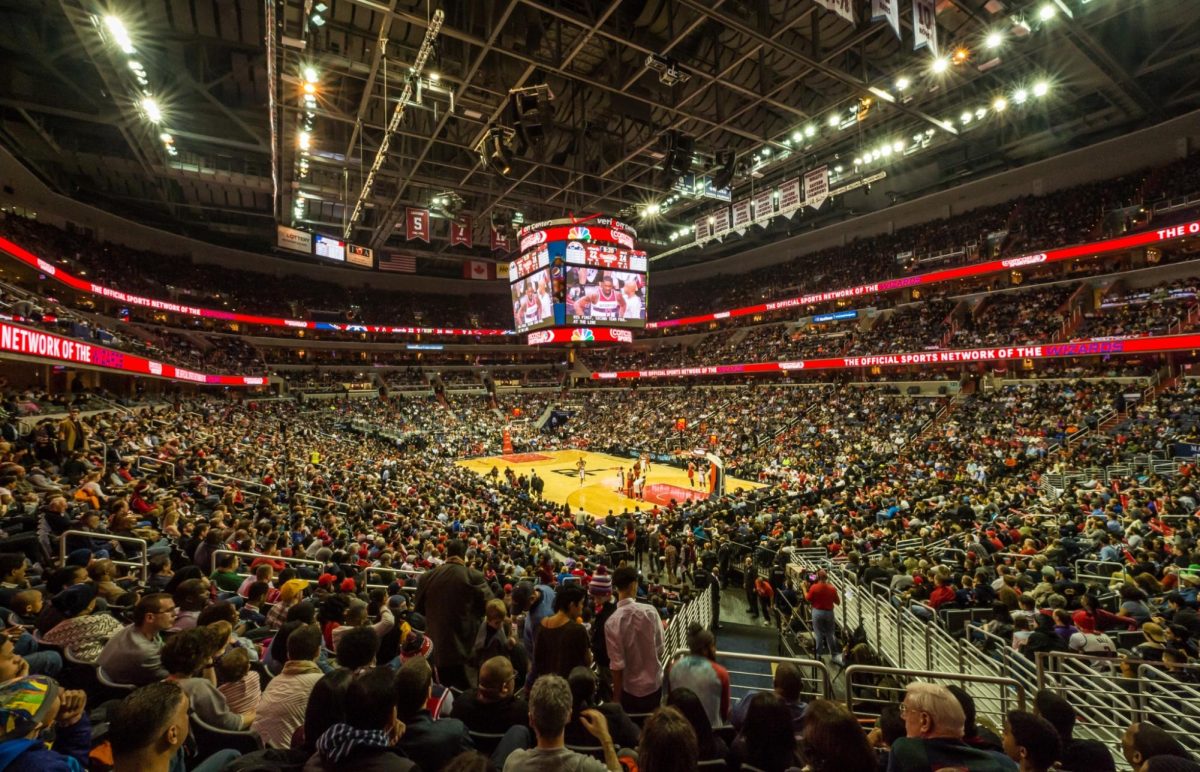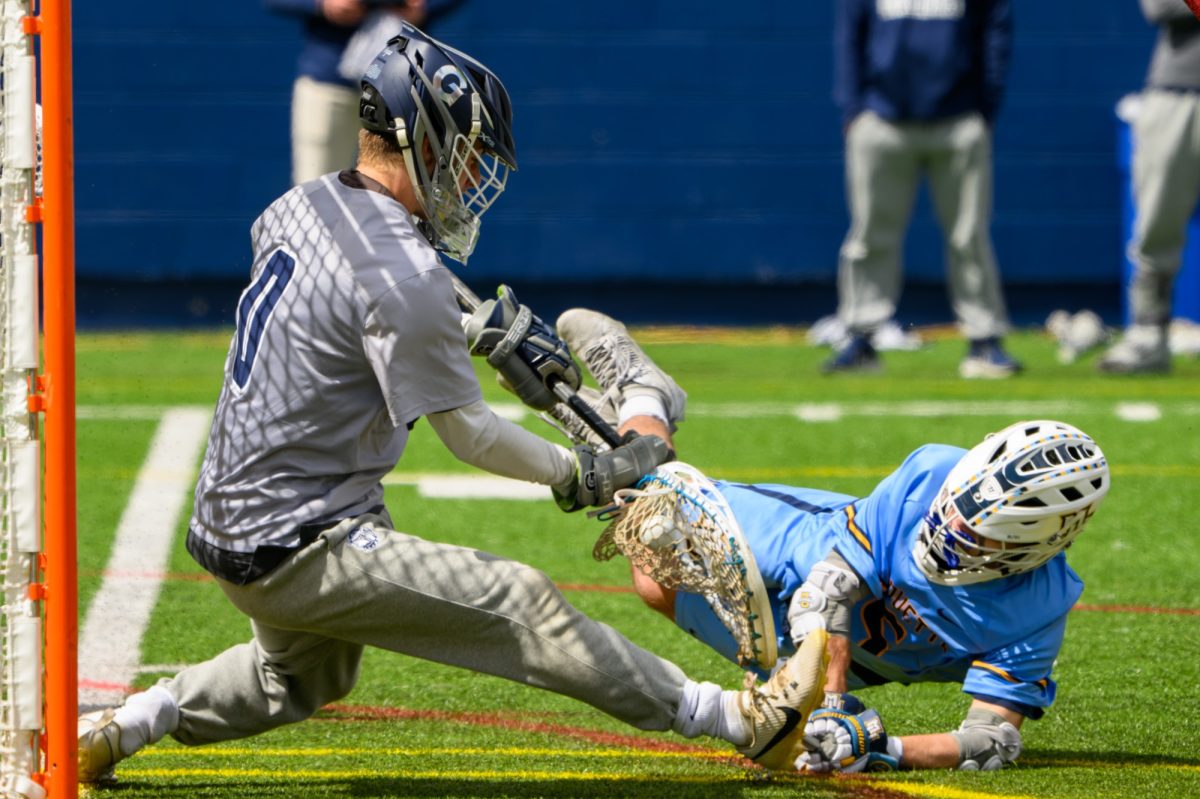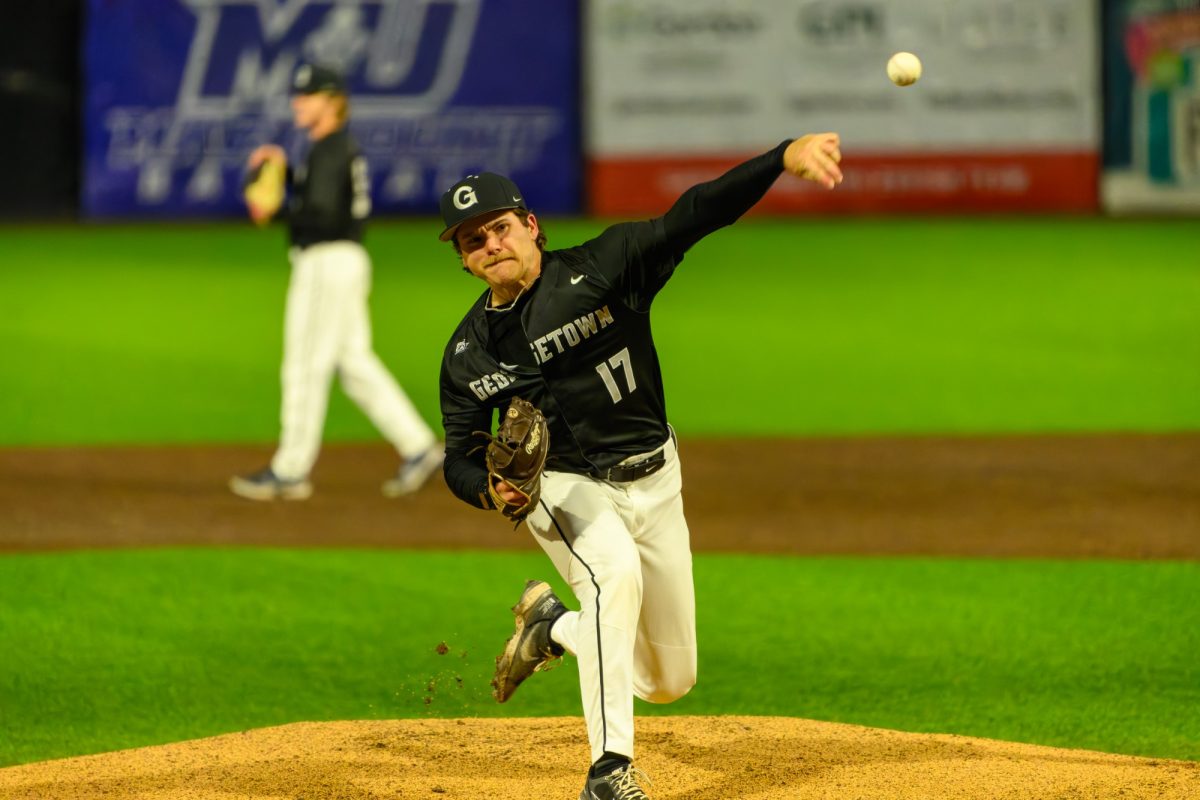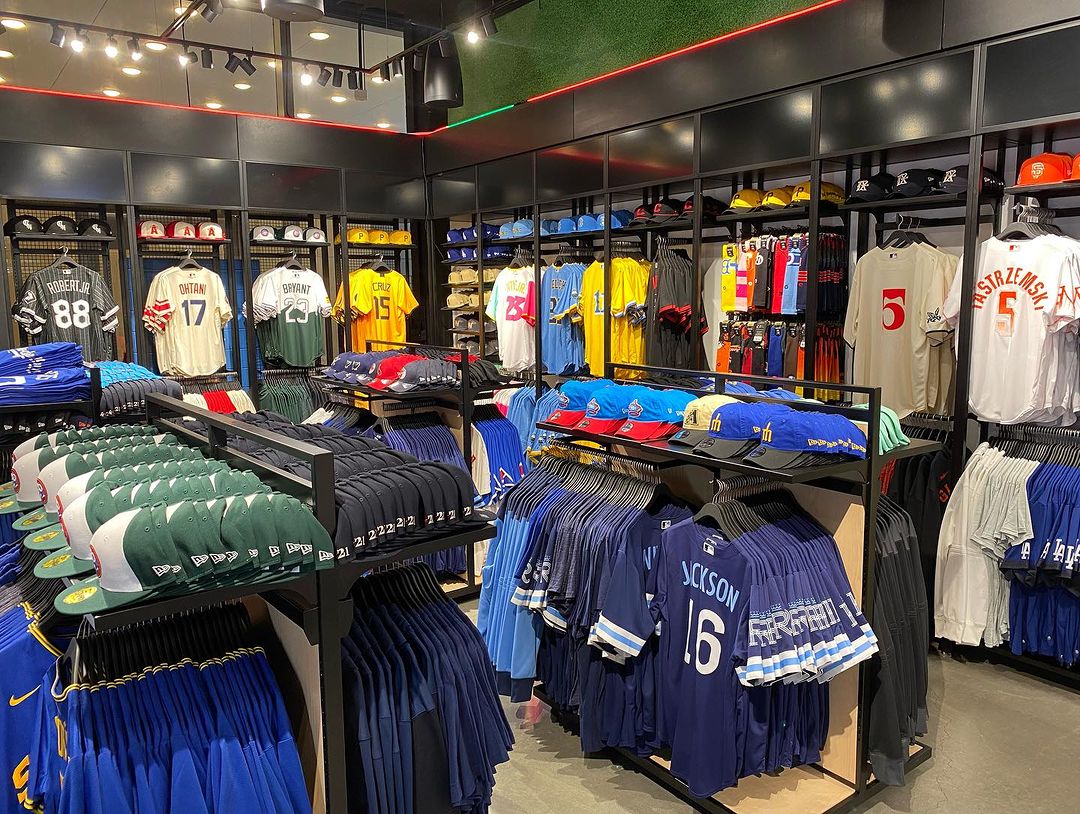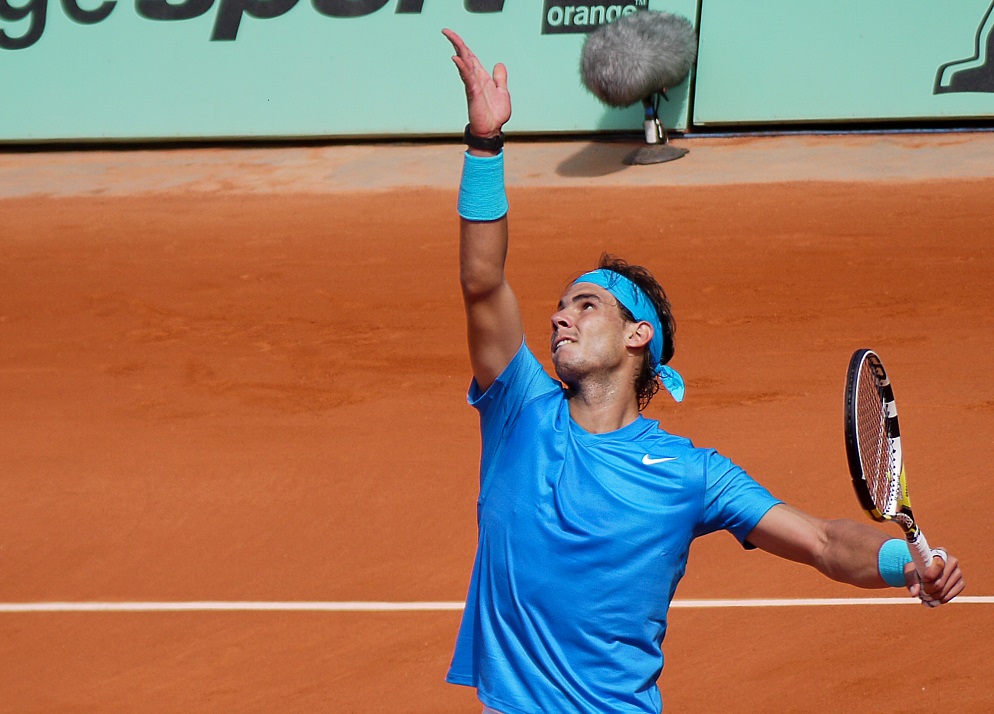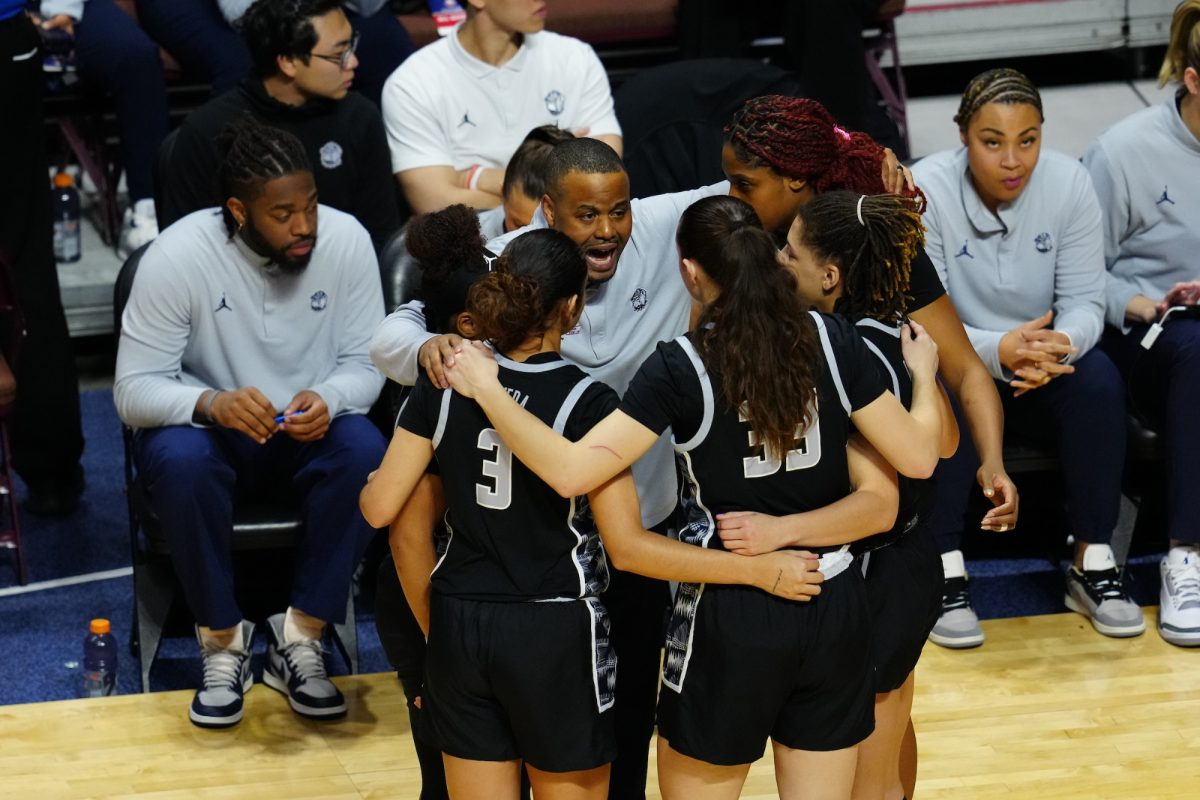Traditionally, the Olympics are designed to celebrate the pinnacle of athletic excellence and international cooperation. Some of the most notable Winter Olympians are gold medalists, including speed skater Apolo Ohno, skier Lindsey Vonn and snowboarder Shaun White. However, the 2018 Winter Olympics in Pyeongchang have brought attention to several athletes who have competed in events, yet never even had a chance to medal.
Elizabeth Swaney is a Hungarian women’s halfpipe skier who drew international attention after completing both of her runs in the qualifying round without attempting a trick. In an event where top competitors displayed a wide array of breathtaking tricks, Swaney’s runs through the halfpipe could be characterized as nonchalant at best. Swaney scored 30.00 and 31.40 points on her two qualifying runs, finished with the lowest score and earned 25th place. For the sake of comparison, Greenlandic freestyle skier Dane Laila Friis-Salling finished 24th with 45 points, despite falling during both of her runs.
Immediately, questions arose about how Swaney was able to qualify for the Olympics. She exploited the Olympic qualifying rules because athletes who consistently place in the top 30 in World Cup events earn qualifications for the Olympics. As a result, Swaney spent the majority of the past two years attending events where there were fewer than 30 competitors to help realize her Olympic dream.
Additionally, German Madrazo, a Mexican men’s cross-country skier, travelled to various World Cup qualifying races over the past year and came in last place when he finished about 33 minutes after gold medalist Dario Cologna. Despite a relatively mediocre skiing performance, Madrazo was proudly waving the Mexican flag as he crossed the finish line.
After these questionable performances, one question remains: Do individuals like Swaney and Madrazo deserve to be Olympians?
Swaney and Madrazo’s athletic performances fell well short of the gold medal winners’. Additionally, they never posed a credible threat to the competition. On the one hand, the fact that Swaney and Madrazo were even allowed to compete undermines the legitimacy of other athletes who devoted their entire lives to training.
Swaney and Madrazo can be considered opportunists, or even frauds, who were only able to compete in the games because they had the money to travel the world to attend qualifying events.
On the other hand, Swaney and Madrazo earned the right to go to the Olympics by competing in enough events. Olympians are frequently lauded for their commitment to their training, passion for their sport and unceasing pursuit to compete in the Olympics. Swaney and Madrazo demonstrated these qualities through their efforts to compete in enough events to qualify.
Currently, Swaney’s and Madrazo’s participation in their respective events does not deprive more skilled athletes of the opportunity to compete. As a result, arbitrarily banning low-skill athletes would only serve to reduce the number of athletes and prevent some individuals from realizing their dreams.
It is important to consider how Swaney and Madrazo’s presence affects other athletes and the integrity of the Olympics.
When asked about Madrazo’s participation, Switzerland’s Dario Cologna, the men’s gold medalist cross-country skiing, told the Daily Telegraph, “I think we have around 60 nations. I suppose we are fighting for medals here, but it is good to feel this Olympic spirit. We have had a lot of bad news [in the world] recently, so it’s good to keep up this Olympic spirit.”
Thus, if individuals like Swaney and Madrazo are not taking the place of better athletes and are contributing to the cultivation of the “Olympic spirit”, then they should be allowed to continue competing.
Jeffrey Swanson is a junior in the McDonough School of Business. UNDER REVIEW appears every other Friday.







